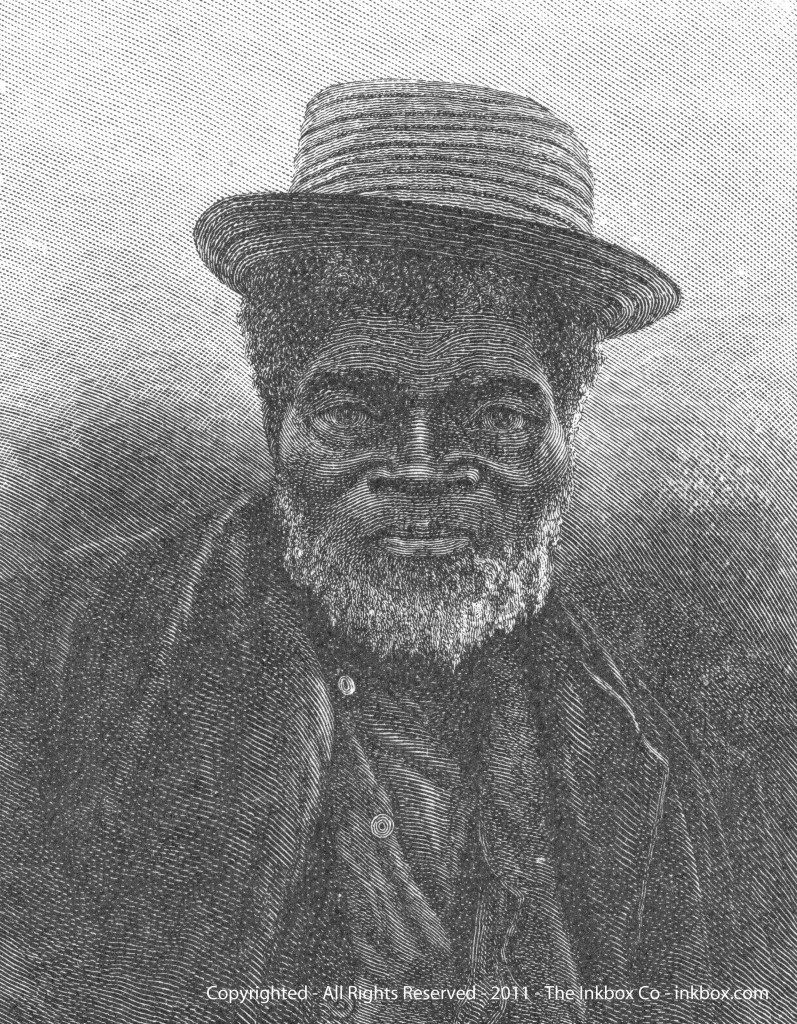“Comment ça va, Monsieur Orec?”said Woody. “How it goes, Monsieur Orec?”
“C’est toi, P’tit Man?” said Monsieur Orec. “It’s you, P’tit Man?”
“Yeah, it’s me, it is a longtime that I have not spoken with thou,” said Woody using the polite formal term of address in deference to his age and military experience, but breaking the rule of a white man using the polite form to address a black man.
Monsieur Orec had sat outside the Courthouse for generations, gossiping and trading information with everyone from janitors to judges. He had a masterful memory and powerful wit, which he hid from most people, even people who had known him for years. But Monsieur Orec’s time in the trenches and his age had left him slightly addled as he switched between French and English. When he spoke in French, he sometimes spoke in Crèole French as commonly spoken by people of African descent and at other times in Cajun French as spoken by people of European descent and on occasion in the French as spoken in France. He would occasionally use Swahili words used by Senegalese troopers with whom he had served. At times, he sounded like a southern lawyer, but often lapsed into a form of English typically spoken by Crèoles. Woody’s father had the same facility in speaking dialects and like Woody’s father, Monsieur Orec often spoke about his time in France. Woody remembered those long conversations with his father of what occurred beyond the confines of their small town when his father lived in Paris after World War I. It was those childhood memories, which were re-awakened when Woody passed long afternoons in winding conversations on the portico of the Courthouse with Monsieur Orec.
“Oh, aïa, aïa, j’ai entendu ton TV show dimanche,” said Monsieur Orec. “Oh, aïa, aïa, I heard your TV show Sunday. You full of jokes, you. What you gonna do next?”
“Tu vas voire comment je vas les attraper,” said Woody with a smile in his voice. “You will see how me I will trap them.”
“What is your question today?” responded Monsieur Orec as he picked up his cane. “You, you always have a question?”
“What can you tell me about a family that names itself Gobineau?” said Woody.
“Gobineau? Gobineau? Ah, Gobineau. Well that’s Monsieur Césaire and his sisters: Anne-Louise and Magdalen. They stay up the bayou, north of Abbeville on the old home place that used to be for a family of Hebert’s. These Hebert’s just lost everything in the Depression. Some kind of bad deal with a horse to make races, and a machine to make crops. They couldn’t pay for none of it. The Gobineau’s bought the land for the tax.”
“Gobineau has other property?”
“Well, that depends by what you mean, properly. Not, properly per se, as the lawyers say upstairs. Not per se at all.”
“Well, Gobineau has land?”
“Oh, you mean land?” said Monsieur Orec. “Yeah ha, very sure, they own a part of the big production unit in Chênière Perdu. The Gobineau family made a deal with the Rockerfellers themselves to drill those wells out there. Old Monsieur Césaire bought that land from the State Land Office in Baton Rouge for nothing in the Thirties. Remember that well. They own a land and fur company. Nothing out there but marsh at the time. Leased the land for trapping. Now, the well is right north of Chênière Perdu in Cameron Parish. I hear they got some right fine duck hunting out there in November.”
Monsieur Orec
Filed under Monsieur Orec

